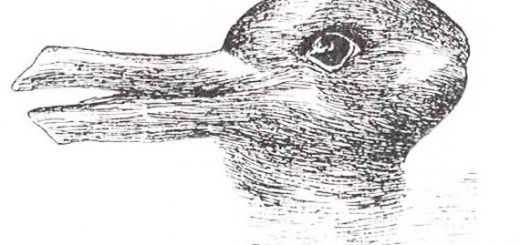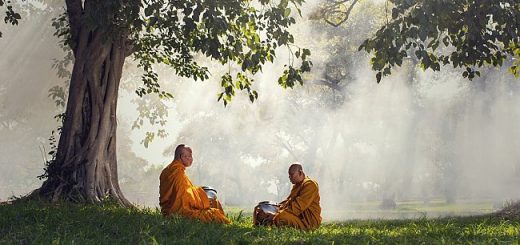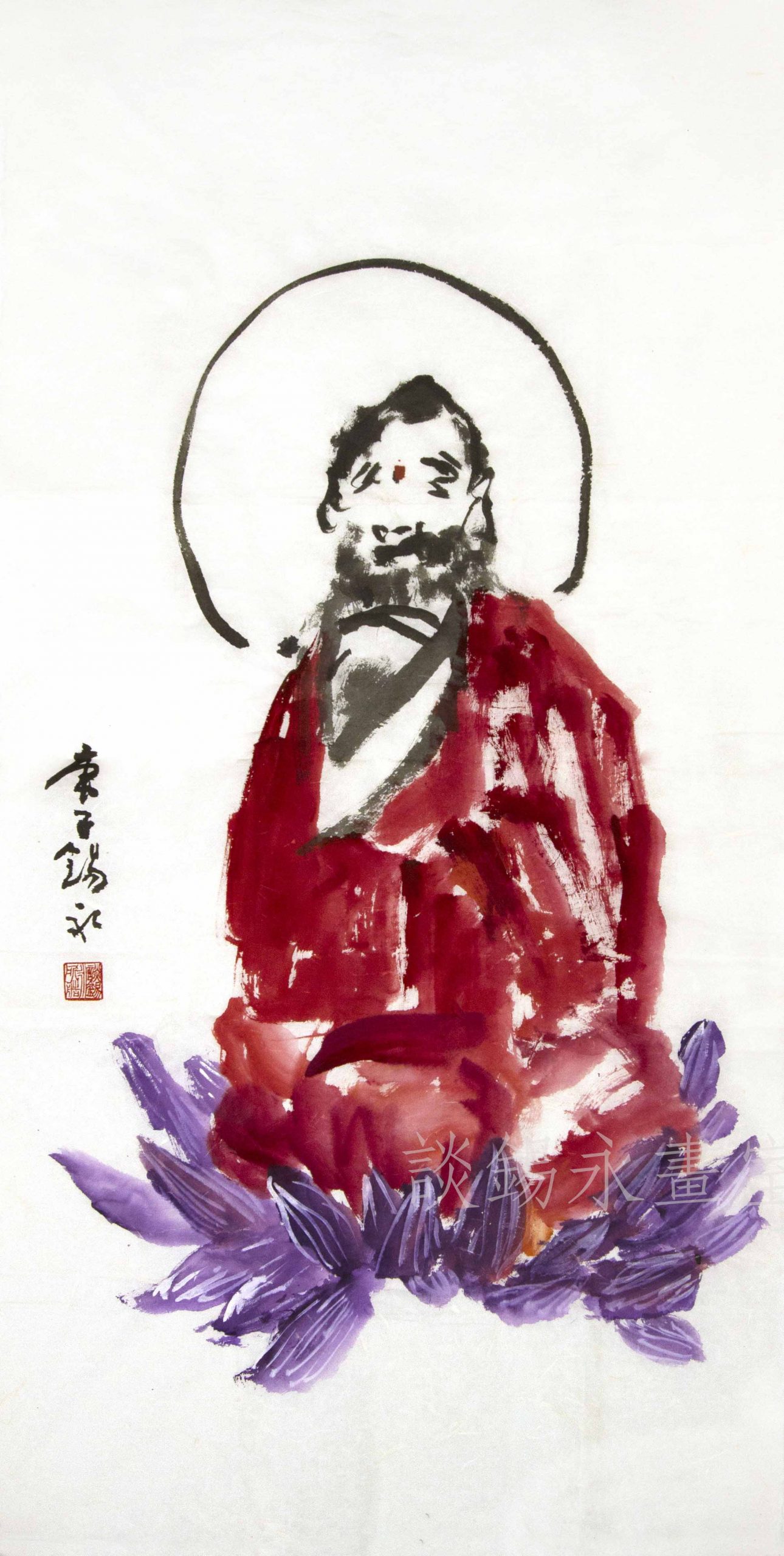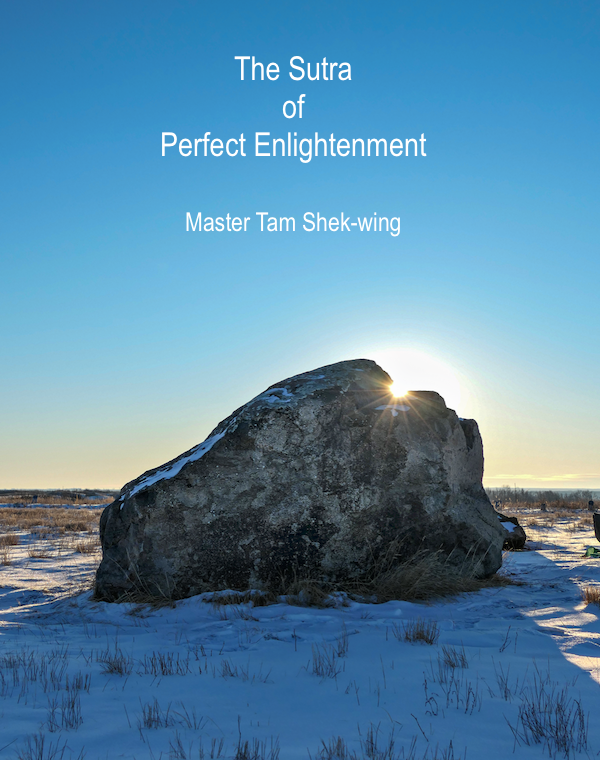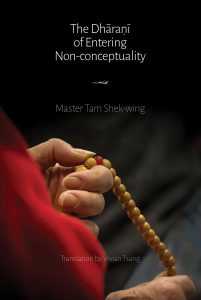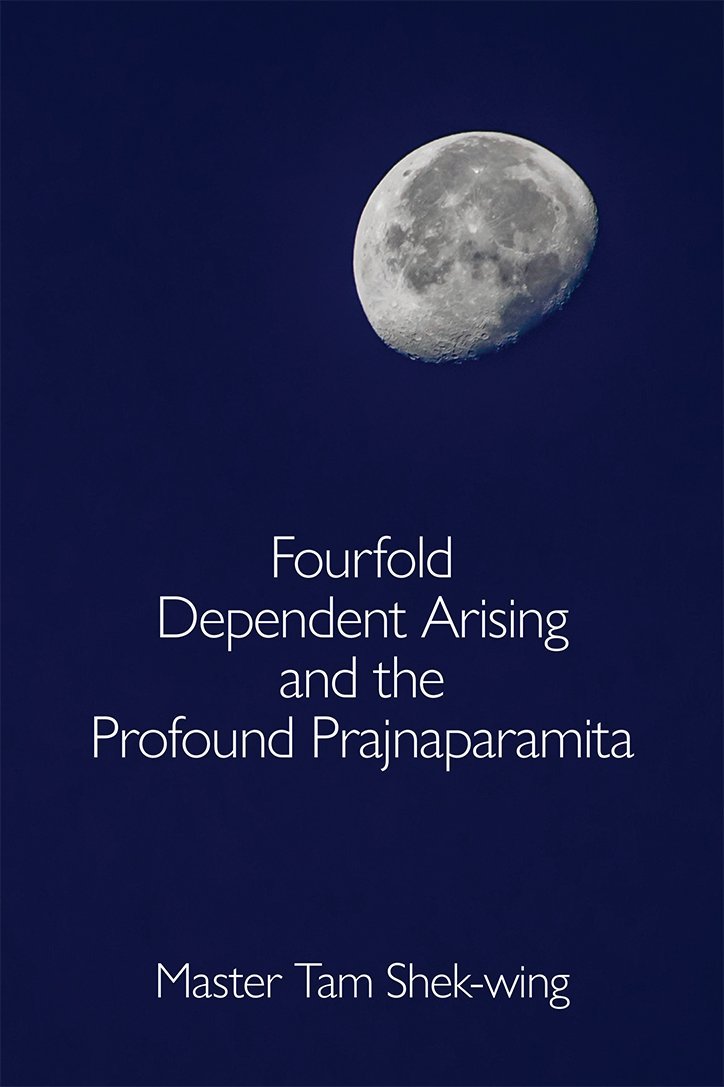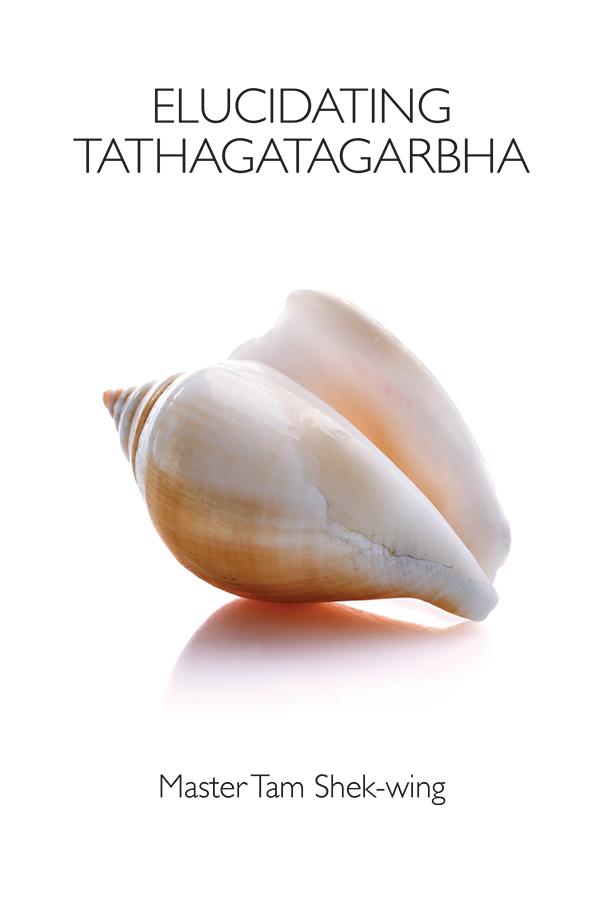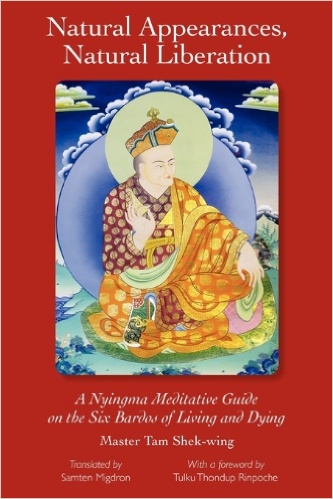Perfect Enlightenment 32: Buddha Answers: On Conduct
This post is a continuation of the previous post, where Bodhisattva Universal Enlightenment asks, “What kind of person should we have the sentient beings seek? On what kind of teachings should they rely? What kind of practice should they do? What kind of maladies should they remove, and what kind of resolution should we make, so as to prevent the blind multitude from falling into mistaken views?”
Show scripture (Chinese). 爾時,世尊告普覺菩薩言:「善哉!善哉!善男子!汝等乃能諮問如來如是修行,能施末世一切眾生無畏道眼,令彼眾生得成聖道。汝今諦聽!當為汝說。」時,普覺菩薩奉教歡喜,及諸大眾默然而聽。 「善男子!末世眾生將發大心求善知識欲修行者,當求一切正知見人。心不住相,不著聲聞、緣覺境界,雖現塵勞心恒清淨,示有諸過讚歎梵行,不令眾生入不律儀。求如是人即得成就阿耨多羅三藐三菩提;末世眾生見如是人應當供養不惜身命。彼善知識四威儀中常現清淨,乃至示現種種過患,心無憍慢,況復摶財、妻子、眷屬。若善男子於彼善友不起惡念,即能究竟成就正覺,心花發明照十方剎。 「善男子!彼善知識所證妙法應離四病。云何四病?一者作病,若復有人作如是言:『我於本心作種種行欲求圓覺。』彼圓覺性非作得故,說名為病。二者任病,若復有人作如是言:『我等今者不斷生死、不求涅槃,涅槃、生死無起滅念,任彼一切隨諸法性欲求圓覺。』彼圓覺性非任有故,說名為病。三者止病,若復有人作如是言:『我今自心永息諸念得一切性,寂然平等欲求圓覺。』彼圓覺性非止合故,說名為病。四者滅病,若復有人作如是言:『我今永斷一切煩惱,身心畢竟空無所有,何況根塵虛妄境界,一切永寂欲求圓覺。』彼圓覺性非寂相故,說名為病。離四病者則知清淨,作是觀者名為正觀,若他觀者名為邪觀。 「善男子!末世眾生欲修行者,應當盡命供養善友、事善知識,彼善知識欲來親近應斷憍慢,若復遠離應斷瞋恨;現逆順境猶如虛空,了知身心畢竟平等,與諸眾生同體無異,如是修行方入圓覺。善男子!末世眾生不得成道,由有無始自他憎愛一切種子故未解脫。若復有人,觀彼怨家如己父母心無有二,即除諸病;於諸法中自他憎愛亦復如是。善男子!末世眾生欲求圓覺應當發心作如是言:『盡於虛空一切眾生,我皆令入究竟圓覺,於圓覺中無取覺者,除彼、我、人一切諸相。』如是發心不墮邪見。」 Show scripture (English). Then the World Honoured One, addressing the bodhisattva Universal Enlightenment, said: “Excellent, excellent! Good Son, you have been able to question the Tathāgata on this kind practice which is able to impart to all sentient beings the fearless Eye of the Way and cause them to attain the sagely Way. Now listen well, and I shall teach you.” The bodhisattva Universal Enlightenment received this teaching with great joy. Those in the great assembly became silent and listened. “Good Sons, sentient beings of the degenerate age must arouse great mind and seek Genuine Teachers. Those who want to practice should seek out only someone with correct insight, whose thoughts do not abide in characteristics, who is not attached to the realms of the arhats and solitary realizers, and whose mind is constantly pure even while manifesting the world’s afflictions. Even while presenting various faults, he praises practices of purity, and prevents you from breaking the precepts. If you find this kind of person, you can attain Unsurpassed Correct Universal True Enlightenment. Sentient beings of the degenerate age who meet this kind of person should make offerings to him, not sparing body or life, even as far as holding on to property, wife, children and retainers. This Genuine Teacher constantly demonstrates purity throughout the four postures. Although he presents all kinds of errors and difficulties, his mind lacks pride. Good Sons, if you do not arouse any negative feelings toward this Good Friend, you will ultimately be able to accomplish Correct Enlightenment. Your mind-flower will blossom, illuminating the worlds of the ten directions.” “Good Sons, the subtle dharma that is actualized by this Genuine Teacher should be free from the Four Maladies. What are the Four Maladies? The first is the malady of contrivance. Say, for example, there is someone who says, ‘Based on my original mind I shall carry out various practices’ and wants to achieve Perfect Enlightenment. Since the nature of Perfect Enlightenment is not something which can be attained by contrivance, it is called a malady.” “The second is the naturalist malady. Say, for example there is someone who says, ‘We should presently neither cut off saṃsāra nor seek nirvāṇa. Saṃsāra and nirvāṇa actually lack any conception of arising and ceasing. We should just naturally go along with the various natures of reality’ and wants to achieve Perfect Enlightenment. Since the nature of Perfect Enlightenment does not come about through accepting things as they are, this is called a malady.” “The third is the stopping malady. Say, for example, there is someone who says, ‘From my present thought, I shall permanently stop all thoughts and thus apprehend the cessation and equanimity of all natures’ and wants to achieve Perfect Enlightenment. Since the nature of Perfect Enlightenment is not met through the stopping of thoughts, it is called a malady.” “The fourth is the annihilation malady. Say, for example, there is someone who says ‘I will now permanently annihilate all defilements. Body and mind are ultimately empty, lacking anything. How much more should all the false realms of the sense organs and their objects be permanently erased’ and seeks Perfect Enlightenment. Since the characteristic of the nature of Perfect Enlightenment is not annihilation, it is called a malady.” “When you are free from the Four Maladies you will be aware of purity. The making of this observation is called ‘correct insight.’ Any other insight is called ‘mistaken insight.’” “Good sons, sentient beings of the degenerate age should exhaust their life energies in making offerings to Good Buddhist Friends and serving Genuine Teachers. If the Genuine Teacher becomes close and familiar with you, you should not be proud. If he is distant, you should not be resentful. The states of unpleasantness and pleasantness are just like the empty sky. Fully realize that body and mind are ultimately equalized and that you share the same essence with all sentient beings without difference. If you practice in this way you will enter Perfect Enlightenment.” “Good sons, when sentient beings of the degenerate age are unable to accomplish the Way, it is because of the presence of beginningless seeds of self and other, like and dislike. Therefore they are not liberated. If there is someone who looks upon his enemy as the same as his father and mother whose mind completely lacks duality, then he will eliminate all maladies. Then within all dharmas, self and other, like and dislike will also be eliminated in the same way.” “Good Sons, all sentient beings of the degenerate age who want to seek Perfect Enlightenment should make their resolution, saying the following: ‘I vow to cause every sentient being throughout the universe to enter the ultimate Perfect Enlightenment.’ “ “Within that Perfect Enlightenment there is no attachment to enlightenment nor are there any of the traces of self, person etc. If you make this kind of resolve, you will not fall into mistaken views.” Buddha’s answers to Universal Enlightenment’s questions are as follows. 1. To seek what kind of teacher. 1. To seek what kind of teacher. Buddha said, a Genuine Teacher is “someone with correct insight”; “whose thoughts do not abide in characteristics”; “who is not attached to the realms of the arhats and solitary realizers”; “whose mind is constantly pure even while manifesting the world’s afflictions”; “while pointing out your various faults, he praises your practices of purity, and prevents you from breaking the precepts.” Together there are five characteristics. During meditation, one makes judgments and ascertainments according to the causal ground of perfect enlightenment, this is correct insight. The causal ground of perfect enlightenment was discussed previously with bodhisattva Mañjuśrī. Not abide in appearances, not attached to contrivances: if mind abides in appearances, then based on appearances, there are also contrivances. For example, if mind abides in the characteristics or appearances of emptiness, in meditation, there would also be the contrivance to realize emptiness. The moment one is trapped within this intention, it cannot be eliminated, for any realization and understanding would also be limited by appearances, then there would also be no perfect enlightenment. A Genuine Teacher is one whose mind does not abide in appearances. Practitioners of srāvaka and pratyekabuddha are trapped by concepts of emptiness and quiescence. They are attached to the trace of longevity. A Genuine Teacher is one who is not attached to the realms of srāvaka and pratyekabuddha. A Genuine Teacher also manifests worldly afflictions, which means they lead an ordinary life. This is also what the Chan tradition calls “ordinary life, everyday use” (家常日用). Yet in leading an ordinary life, one’s mind remains constantly pure, in which one does not follow the conventions to bean count the benefits and losses, nor does one live trapped within conventions and concepts. One’s mind remains pure for it is not obscured by conventional truths. A Genuine Teacher “points all kinds of errors and difficulties.” Examples include Vimalakīrti who visited brothels, and Mañjuśrī spent time with maids at a palace. Even the Fourth Ancestor of Chan visited brothels after a retreat. Yet what was manifested was sagely practices. A Genuine Teacher prevents sentient beings from breaking the precepts, which is, while seemingly having various faults, he praises practices of purity. One is then not breaking vows and precepts. With a Genuine Teacher who is complete with these five characteristics, attaining Unsurpassed Correct Universal True Enlightenment is also within reach. 2. To seek what kind of teaching. 2. To seek what kind of teaching. A Genuine Teacher whose mind and conduct are pure, despite appearances with faults, they are without pride, nor do they hold on to property, wife, children and retainers. One should not have negative feelings towards a Genuine Teacher when seeking dharma, which is also what the Chan Ancestor Guifeng Zongmi (圭峰宗密, 780-841) said of “relying on the teaching, but not its traces” (但依法門,莫依其跡). One thusly seeks the dharma and practices accordingly, one gradually reaches the ultimate to perfect enlightenment. Here, Buddha did not specify what practice. It is sufficient to follow and practice what the Genuine Teacher teaches. 3. What practices should one make. 3. What practices should one make. With the Genuine Teacher and their teaching, one follows the teaching to eliminate maladies. 4. What kind of maladies to remove. 4. What kind of maladies to remove. Buddha described four maladies. The first one is the malady of contrivance. If one considers their practices as the conduct towards enlightenment, this is the malady of contrivance. The second one is the naturalist malady. By not cutting off saṃsāra nor seeking nirvāṇa, by going along with the various natures of reality in order to achieve perfect enlightenment, this is not spontaneity. Spontaneity is a natural adaptation to obstruction, the naturalist approach here is to establish obstacles à priori, it is spontaneity trapped within conceptuality. This is the naturalist malady. The third one is the stopping malady. Some consider stopping all thoughts is to “apprehend cessation and equanimity of all natures” such that perfect enlightenment can be achieved. This is the stopping malady. The fourth one is the annihilation malady. Some consider the annihilation of all afflictions is the ultimate emptiness, one assumes that this is the permanent quiescence towards perfect enlightenment. This is the annihilation malady. Therefore, being free from the four maladies is purity, correct insight. With any malady, one falls within mistaken views. To become free from the four maladies, firstly, the Genuine Teacher should be respected. One is free of pride when approaching a Genuine Teacher, but without envy or hatred when departing. Secondly, one should not care too much regardless of pleasant or unpleasant encountering. Finally, enlightenment and sentient beings are oneness without duality. The maladies can then be eliminated. Because the maladies are rooted in likes and dislikes. When mind is free from duality, everything is oneness of equanimity, the maladies are also eliminated. 5. How to cultivate bodhicitta. 5. How to cultivate bodhicitta. Buddha said, “All sentient beings of the degenerate age who want to seek Perfect Enlightenment should make their resolution, saying the following: ‘I vow to cause every sentient being throughout the universe to enter the ultimate Perfect Enlightenment.’ “ To those who make their resolution, although one vows to cause every sentient being to enter perfect enlightenment, one does not fall within its contrivance. To assume that there are sentient beings to cause to enter perfect enlightenment, that there exists teachings to cause perfect enlightenment, or to think that “I am to cause sentient beings to enter perfect enlightenment,” one has also become trapped by the four traces. Then making such resolution will not lead to perfect enlightenment. This concludes Buddha’s answers to Universal Enlightenment. Concluding Verse for Section (Chinese). 爾時,世尊欲重宣此義而說偈言: 普覺汝當知, 末世諸眾生, Concluding Verse for Section (English). Then the World Honoured One, wanting to restate the gist of this, delivered a verse, saying: Universal Enlightenment, you should know Commentary. This verse corresponds with the sayings in Candrapradīpasamādhi (月燈三眛經, also known as 三摩地王經, Sūtra of the Unsurpassed Samādhi). To seek perfect enlightenment, one relies on a Genuine Teacher, but not trapped by the traces; one meditates without being trapped by the four maladies; one practices while abiding by one’s resolution to cause all sentient beings to enter perfect enlightenment. This way, the unsurpassed samādhi can be achieved.Chinese:
English:
Commentary:
Chinese:
欲求善知識, 應當求正見,
心遠二乘者。 法中除四病,
謂作止任滅; 親近無憍慢,
遠離無瞋恨。 見種種境界,
心當生希有, 還如佛出世。
不犯非律儀, 戒根永清淨,
度一切眾生, 究竟入圓覺。
無彼我人相, 常依止智慧,
便得超邪見, 證覺般涅槃。English:
That sentient beings of the degenerate age
Who desire to find a Genuine Teacher
Must look for one with the Right View
Whose mind is far removed from the Two Vehicles
Who does not break the precepts
And whose root of the precepts is constantly pure.
And in regard to the dharma has removed the Four Maladies,
Which are called contrivance, stopping, naturalism and annihilation.
If he becomes intimate with you, don’t be proud
And if he is distant, don’t be resentful.
Observing various realms, your mind will then produce the miraculous.
And if you leave home like the Buddha
You save all sentient beings
So that they ultimately enter Perfect Enlightenment.
Free from the traces such as “self” and “person”
You constantly rest in wisdom
You naturally attain transcendence of mistaken views
Actualizing enlightenment and parinirvana.Commentary:
